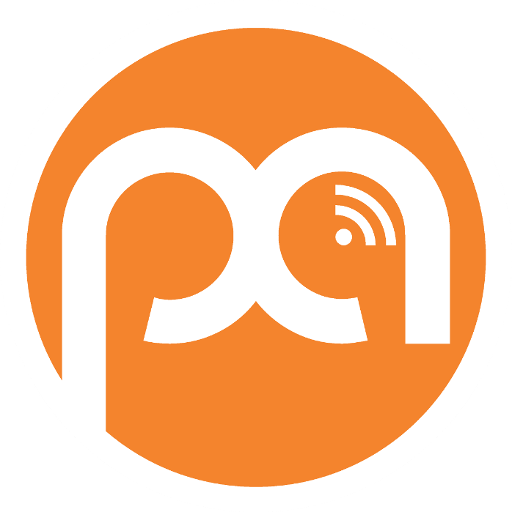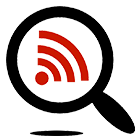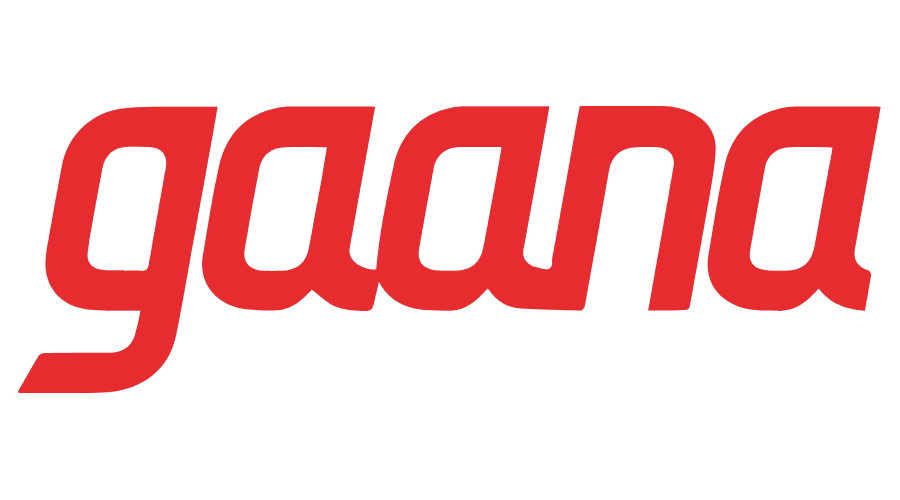The Power of Self-Awareness in Leadership
with Dimitra Retsina
The Business Simplicity Podcast hosted by Chris Parker
Episode #214 published on 17 April 2025
What does it take to lead authentically in a fast-paced, multicultural tech environment? In this insightful episode of the Business Simplicity Podcast, Chris Parker sits down with Dimitra Retsina, Chief Product & Technology Officer at Sana Commerce, to explore the transformative journey of self-awareness and its impact on leadership. From cultural shifts to personal development, Dimitra shares her experiences navigating complex leadership dynamics with clarity, compassion, and curiosity.
Together, they unpack what it truly means to lead from within – drawing from Chris’s own Lead from Love philosophy and Dimitra’s thoughtful approach to introspection. Topics range from mindful practices like pottery and meditation, to assessments like the DISC personality tool (extended by Tony Robbins), and the importance of creating mutual understanding in diverse teams. “Knowing what you want—and what you don’t—helps you know who you are,” Dimitra explains, emphasizing boundaries, cultural context, and personal responsibility.
The episode is rich with personal anecdotes, practical leadership tools, and the foundational belief that great leadership begins with knowing yourself. Whether you’re a leader looking to deepen your team connections or someone seeking a more thoughtful approach to personal growth, this conversation will leave you reflecting on your own story.
Key discussion points:
-
How self-awareness fuels authentic leadership
-
Using pottery and mindfulness for re-centering
-
DISC assessment (Tony Robbins edition) as a leadership tool
-
Leading across cultures and uncovering hidden assumptions
-
Vulnerability, boundary-setting, and team alignment
-
Crafting your “user manual” as a leader
-
The role of mentoring and coaching in personal growth
-
Cultural dimensions theory (Hofstede) in global teams
-
Practices from the Lead from Love book by Chris Parker
About Dimitra Retsina
Dimitra is a seasoned technology and product executive currently serving as CPTO at Sana Commerce. With a career spanning engineering, product leadership, and business strategy, she brings an authentic, human-centered approach to everything she does. A Greek native fluent in Dutch, Dimitra combines multicultural insight with technical excellence – and when she’s not leading teams, you’ll find her at the pottery wheel or cheering on her son at the ice hockey rink.
Relevant Links
-
Connect with Dimmitra on LinkedIn: linkedin.com/in/retsina
-
Take the DISC assessment (Tony Robbins): tonyrobbins.com/disc
Transcript
[00:00]
Hello, this is Chris Parker with the Business Simplicity Podcast. I just had a conversation with Dimitra Retsina, a Chief Product and Technology Officer in the e-commerce space and a highly successful international tech executive. We discussed the importance of self-awareness and self-discovery as key traits of authentic leadership. We covered her personal journey, methods of reflection, blind spots, and how to build effective collaborations.
[00:00]
Thank you, Chris, for having me. I believe it’s valuable to explore different self-awareness methods and how you can adjust how you engage with others to build successful partnerships.
[00:01]
Welcome back to the Business Simplicity Podcast. I’m with Dimitra Retsina—originally from Greece, now based in the Netherlands. She’s the Chief Product Officer at Senta Commerce. We met at a recent meetup where we discussed self-awareness and self-care, which align with the ‘Lead from Love’ themes I’ve been exploring.
[00:02]
Thank you, Chris. From our first conversation, I felt we shared beliefs in authentic leadership. I moved to the Netherlands in 2005, and even before moving, I chose to learn Dutch out of respect. My background spans both engineering and product disciplines. I’m also an ice hockey goalie mom and a part-time potter—it’s my mindfulness practice.
[00:03]
Pottery brings calm. When working with the wheel, you have to focus completely or the piece collapses. It’s a mindful, grounding practice that helps me reset and return to work with clarity.
[00:05]
Mindfulness and breathing are also important to me. I try to follow routines like the 5 AM club method—though not consistently. Practices like pottery and meditation help me succeed during intense periods by creating space to focus inward and recharge.
[00:06]
For me, self-awareness means knowing who you are and aren’t, understanding your values, boundaries, and how you show up in the world. A pivotal moment in my journey came when I became a manager of multicultural teams. I started to question my values and how I presented myself. Reading ‘What Got You Here Won’t Get You There’ triggered deeper reflection.
[00:08]
Self-awareness in relation to others is vital. If you focus only on yourself, it’s ego-centric. In leadership, your actions impact others. When I recruit, I ensure my future teammates meet me because I influence the culture. It’s essential we understand each other.
[00:10]
Your idea of ‘loving me, to love you, to love us’ resonates. I try to connect with the inner self beyond ego or physical form. Being in multicultural settings made me question assumptions and appreciate diverse truths about leadership and personality.
[00:12]
Moving to the Netherlands changed how others perceived me, especially during political and economic shifts in Greece. You start noticing the contrast between cultural norms and how you were raised.
[00:14]
Even within the Netherlands, regional differences matter. Tools like Hofstede’s Cultural Dimensions help explain power distance, masculinity, and indulgence. Understanding cultural context avoids judgment and fosters awareness.
[00:16]
My advice to new leaders in international environments: understand your context and your own values. What is non-negotiable for you? What motivates you? These answers form your leadership style and guide your team relationships.
[00:17]
I’ve used many self-assessments to better understand myself and how I relate to others. One I found very helpful is Tony Robbins’ version of DISC, which provides deeper insights into communication styles and practical interfacing strategies.
[00:19]
Tony Robbins’ DISC isn’t just color labels—it helps you understand how to adapt your communication style to connect with others effectively. It’s particularly valuable for remote teams.
[00:22]
These tools only work if everyone is committed to adapting. At one company, my team interviewed me as part of onboarding. It was intense, but I learned a lot about presenting myself authentically.
[00:23]
Since then, I always do all-hands intros to share who I am, even with partner teams. I treat this like giving them a user manual for working with me.
[00:25]
I’m outcome-focused and move fast, which can overwhelm others. I’ve learned to adjust, like sending a pre-message before making a request to reduce stress. Feedback helped me realize the need for this.
[00:27]
Self-awareness includes understanding how your behavior affects others and making mutual agreements to improve collaboration. It’s a partnership approach.
[00:28]
My pursuit of simplicity often starts in complexity. I warn my teams that it may feel messy before clarity emerges. Some people thrive in ambiguity; others prefer structure. Knowing preferences helps me lead better.
[00:30]
Without knowing your style and being open to adapting, you can’t build strong partnerships. Leaders must create environments where feedback flows both ways.
[00:31]
I prefer collaborative tools that also define behavior—not just schedules. Simple choices like when meetings start or end can affect culture. These insights often come after reflection.
[00:33]
Partnership extends beyond team lines. My team and my peers are all part of the same ecosystem. Leading effectively means being true to yourself and others.
[00:34]
Mentoring is another form of leadership. I was fortunate to have an excellent mentor who asked insightful questions that made me reflect deeply. I hope to give back similarly.
[00:36]
I also had a great coach during a difficult time. The support wasn’t about giving me answers but helping me uncover them. That distinction between coach and consultant is crucial.
[00:37]
Thank you, Dimitra, for sharing so openly. I’ll include links to the Tony Robbins DISC and your LinkedIn in the show notes. This conversation is a gift to others navigating diverse, high-pressure environments.
[00:38]
Thank you, Chris. I don’t speak about this often, but it’s deeply important. This was a great opportunity to reflect and share. I truly appreciate it.
[00:38]
Thank you for listening. Visit ebullient.com. Don’t forget to like and subscribe on your favorite podcast player.
Sign up for insights on simplifying complexity and accelerating meaningful change and news about future books and podcast episodes.
Ebullient needs the information you provide to inform you about products and services to help you succeed. You may unsubscribe at any time. Please review our Privacy Policy for more information.


















